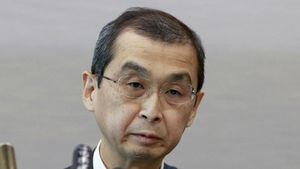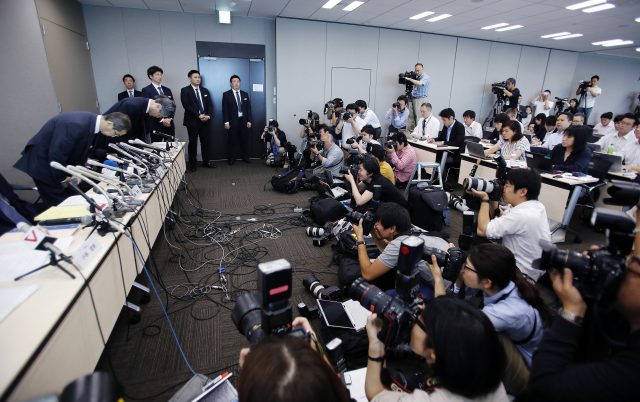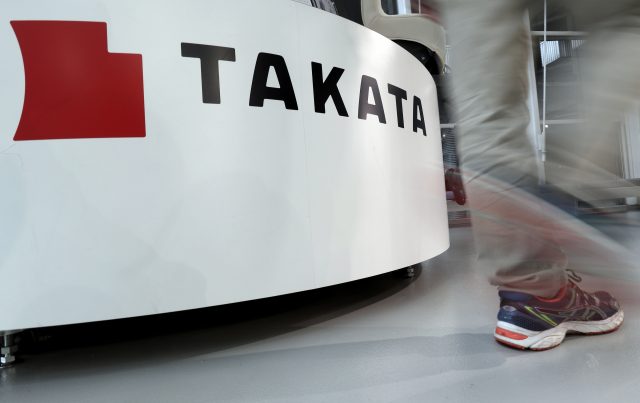Takata files for bankruptcy as air bag recalls bite
The Japanese company confirmed that most of its assets will be bought by rival Key Safety Systems for about 1.6 billion US dollars (£1.2 billion).

Air bag maker Takata has filed for bankruptcy protection in Japan and the US, overwhelmed by lawsuits and recall costs over defective air bag inflators linked to the deaths of at least 16 people.
The Japanese company announced the move on Monday morning and confirmed that most of its assets will be bought by rival Key Safety Systems, based in Detroit, for about 1.6 billion US dollars (£1.2 billion).
The firm’s executives sought to reassure customers, suppliers and shareholders in a news conference on Monday, saying: “As a group our company will continue to count on your understanding and co-operation as we endeavour to provide a stable supply of products.”
Takata’s inflators can explode with too much force when they fill up an air bag, throwing out shrapnel.

Apart from the fatalities, they are also responsible for at least 180 injuries, and sparked the largest automotive recall in US history. So far 100 million inflators have been recalled worldwide including 69 million in the US, affecting 42 million vehicles.
Under the agreement with Key, remnants of Takata’s operations will continue to manufacture inflators to be used as replacement parts in recalls. The recalls, being handled by 19 affected carmakers, will continue.
Although Takata will use part of the sale proceeds to reimburse the manufacturers, experts say the companies still must fund a significant portion of the recalls themselves.
“It’s likely every automaker involved in this recall will have to subsidise the process because the value of Takata’s assets isn’t enough to cover the costs of this recall,” said Karl Brauer, executive publisher of Kelley Blue Book and Autotrader.
Takata and the carmakers were slow to address the problem with the inflators despite reports of deaths and injuries. Eventually they were forced to recall tens of millions of vehicles.

Because of the size of the recall, some car owners face lengthy waits for replacement parts, and are still operating their cars worried that the air bag could malfunction in a crash.
US legislators have criticised the pace of the recalls. At the end of April, only 22% of the 69 million recalled inflators in the US had been replaced, leaving almost 54 million on the roads, according to the National Highway Traffic Safety Administration.
The defect in the inflators stems from use of the explosive chemical ammonium nitrate to deploy air bags in a crash. The chemical can deteriorate when exposed to hot and humid air and burn too fast, blowing apart a metal canister.
At least a billion dollars (£784 million) from the sale to Key is expected to be used to satisfy Takata’s settlement of criminal charges in the US for concealing problems with the inflators.
Of that amount, 850 million dollars (£666 million) goes to carmakers to cover their costs from the recalls. Takata has already paid 125 million dollars (£98 million) into a fund for victims and a 25 million dollar (£19 million) fine to the US Justice Department.
Fallout from the bankruptcy filing came swiftly from the Tokyo Stock Exchange, which said it was stopping the company, founded in 1933, from trading from Tuesday.





